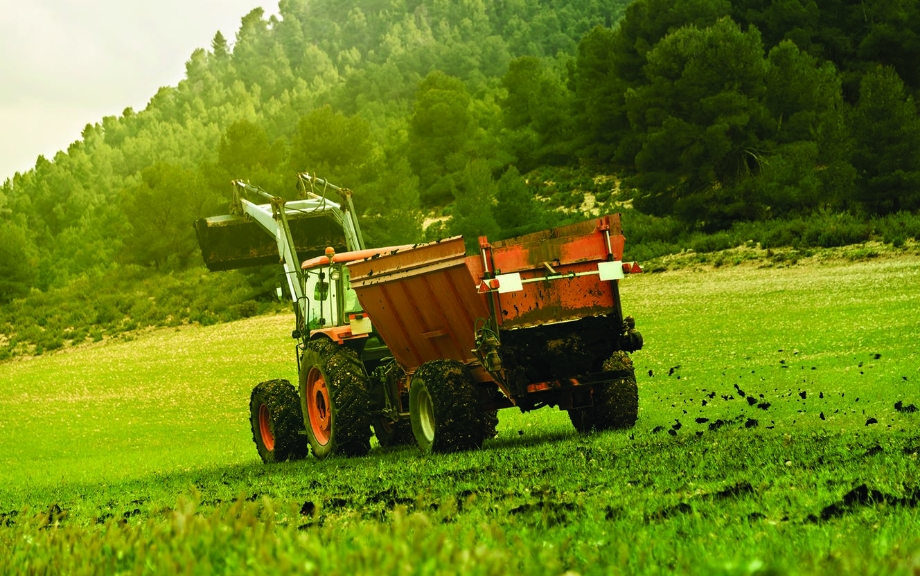Five years ago, with little fanfare, the members of the Virginia Biosolids Council created a document identifying practices we believed contributed to being a good neighbor. Every member of the Council approved our Code of Good Practice. Support of it became a requirement for membership.
This was the first effort of its kind by any regional or statewide biosolids organization in the country. The president of our organization at the time, Rhonda Bowen of the Hampton Roads Sanitation Department, led this effort, with our very capable staff, Robert Crockett and Charles Hooks.
The objective was clear then and is today– to provide sound guidance to Council members for responsibly generating and beneficially recycling biosolids in the Commonwealth of Virginia. The Code calls on members to focus their operations on achieving the following goals:
- Protecting the environment by using best management practices for the generation and recycling of biosolids.
- Minimizing adverse social impacts through the use of best practices.
- Promoting education and awareness among the public and government officials about the generation and recycling of biosolids.
VBC is composed of land application contractors, composters and the municipal utilities that generate biosolids. To be candid, for many years generators simply negotiated the biosolids management contract and then had little input into the actual management of the material we produced. That has changed.
Let me review the performance, as it relates to compliance records provided by Virginia’s Department of Environmental Quality:
In 2010, the first year of the Code, DEQ issued 11 warning letters for deficiencies it found in biosolids land applications and one Notice of Violation. Also during 2010, DEQ received 143 complaints from citizens regarding land applications of biosolids.
In 2013, the most recent year with complete data, only seven warning letters and no Notice of Violation were issued. Complaints had dropped to 28.
This equates to over a 60% reduction in compliance related issues.
On average, in 2013 about 185,000 dry tons of biosolids were applied on about 388 farms, totaling about 52,000 acres of fields and forests. There are more than 8 million acres of farms and forests in Virginia.
While compliance with the Code is voluntary, our members understand that we can never be satisfied with our progress and that we must continually monitor our practices, listen to our neighbors and improve our operations.
We recognize that the management and recycling of biosolids has unique challenges and a certain ‘yuck’ factor for the public. The guidelines we follow reflect current best practices by biosolids generators, land application companies and compost manufacturers and encourage them to “go beyond the regulations” to build good relations with the communities they serve.
Biosolids, for farmers who choose to use them, provide good environmental and economic benefits. Our Code of Good Practice provides us with an ever-present reminder to make sure, as we discussed five years ago this month, that our members are doing the right thing wherever we are in Virginia.
